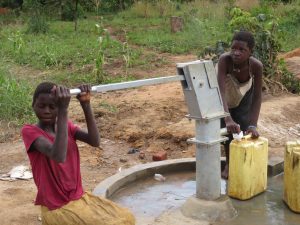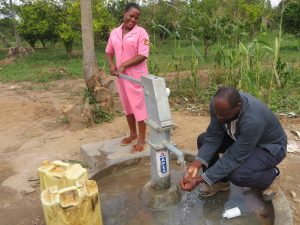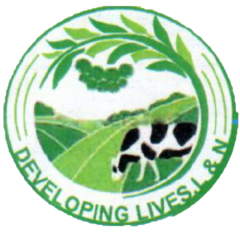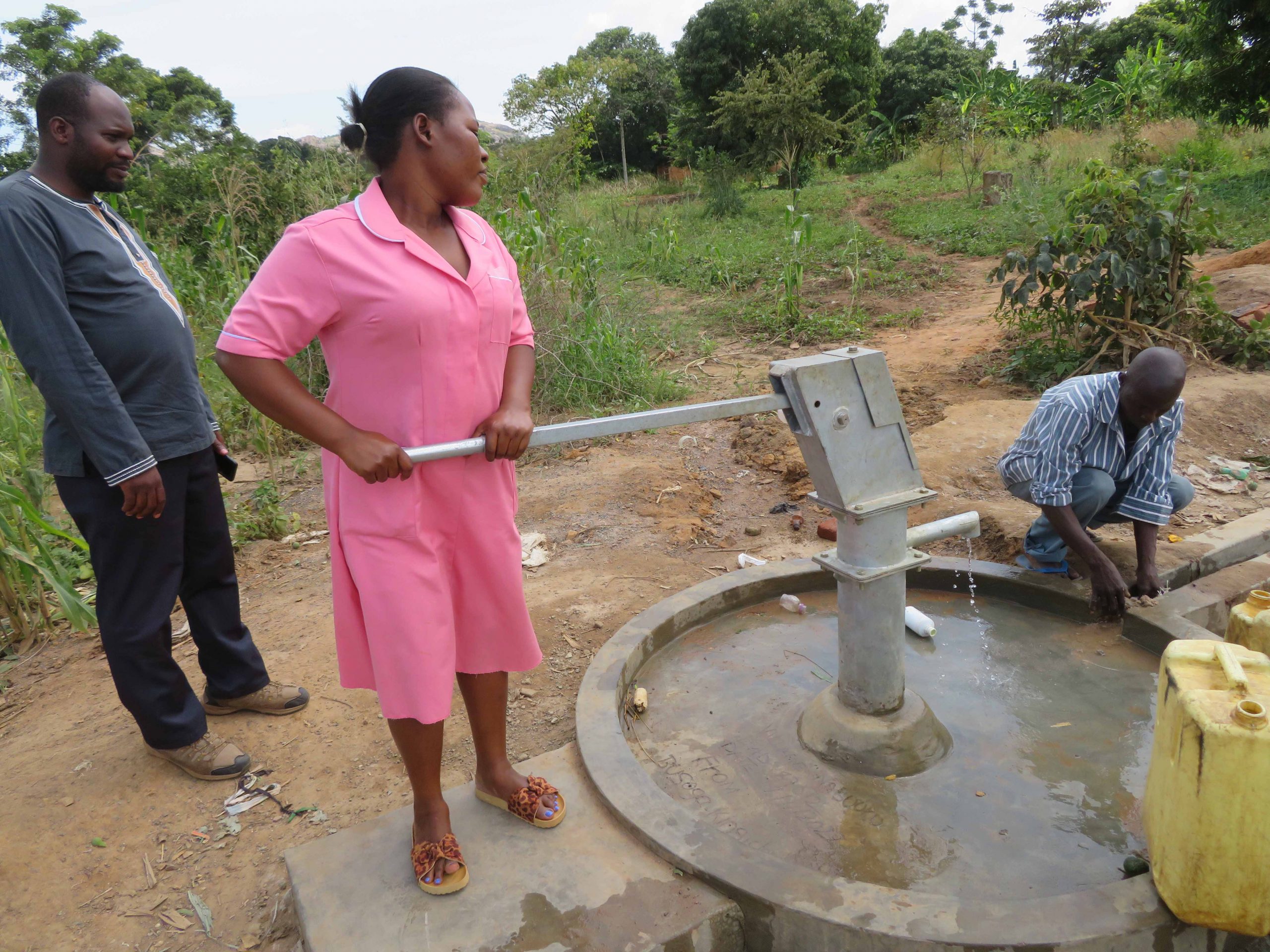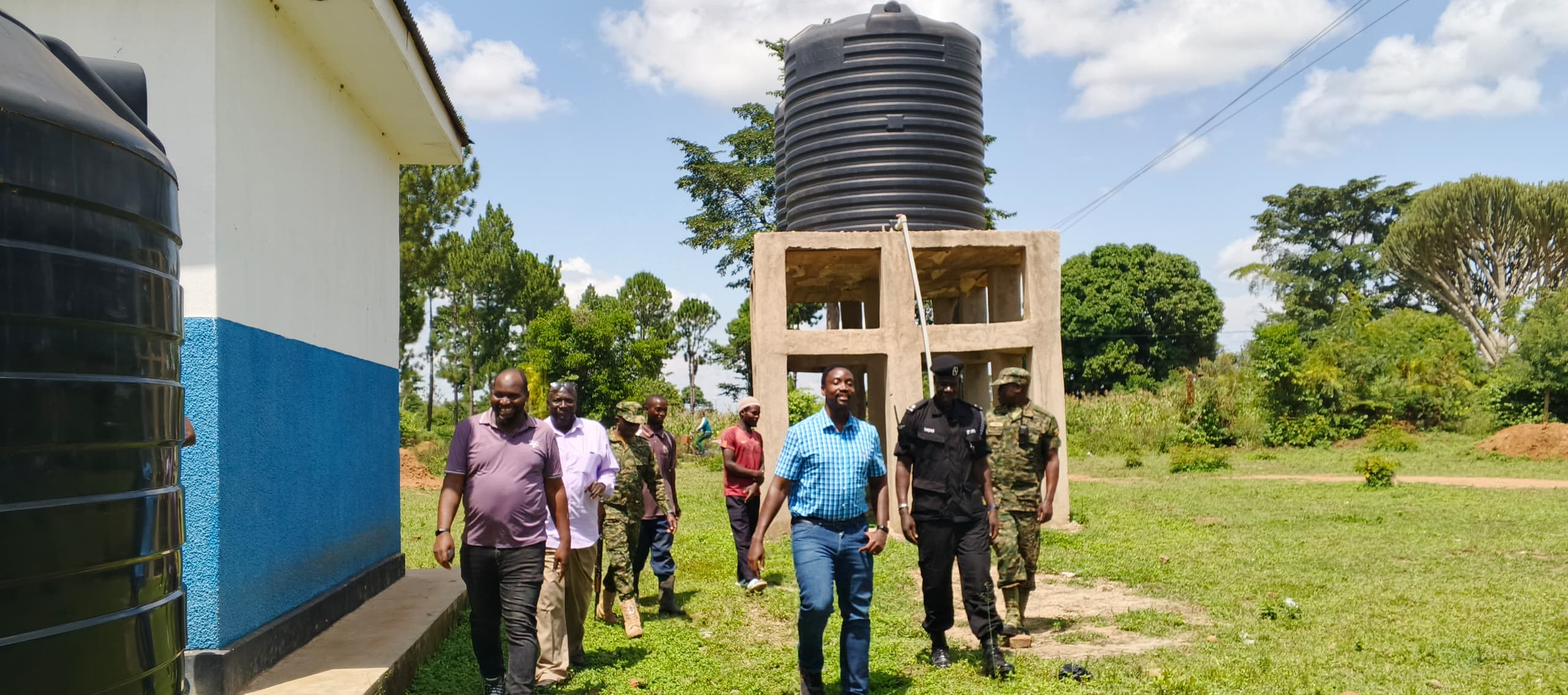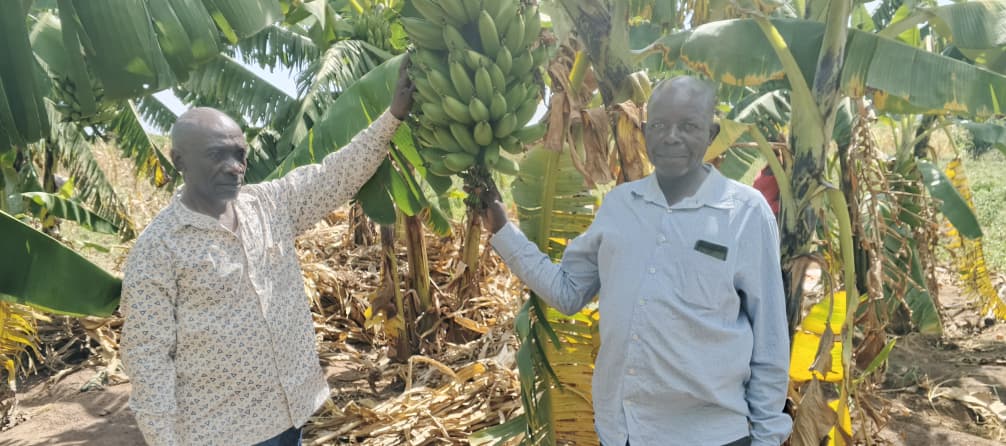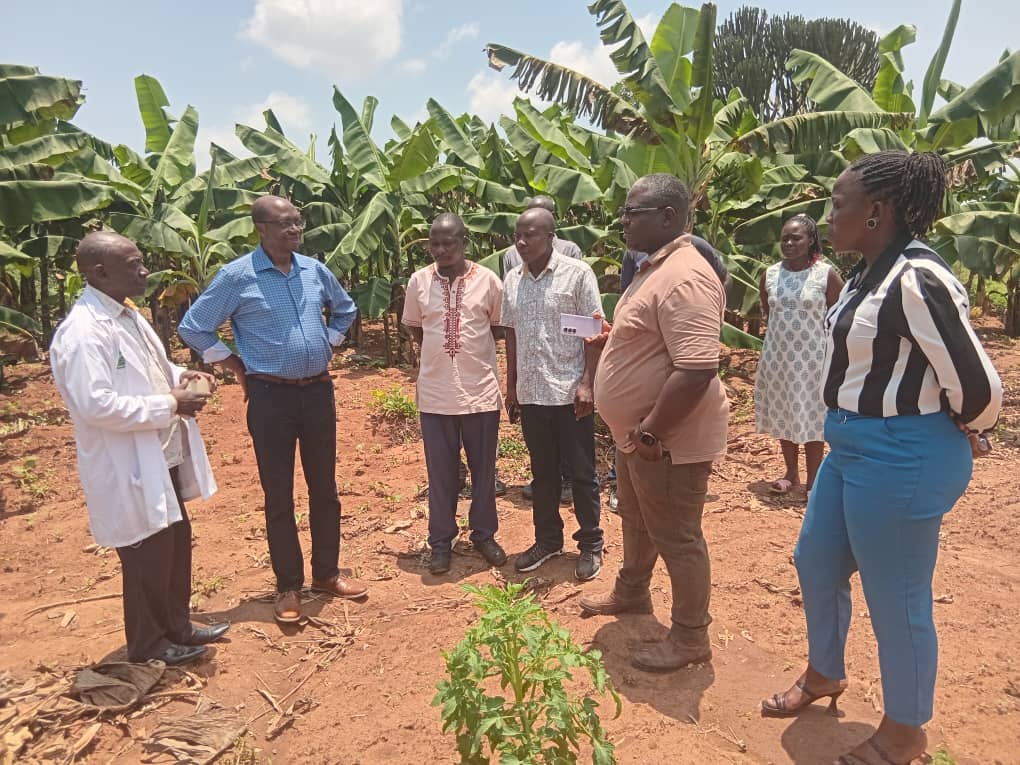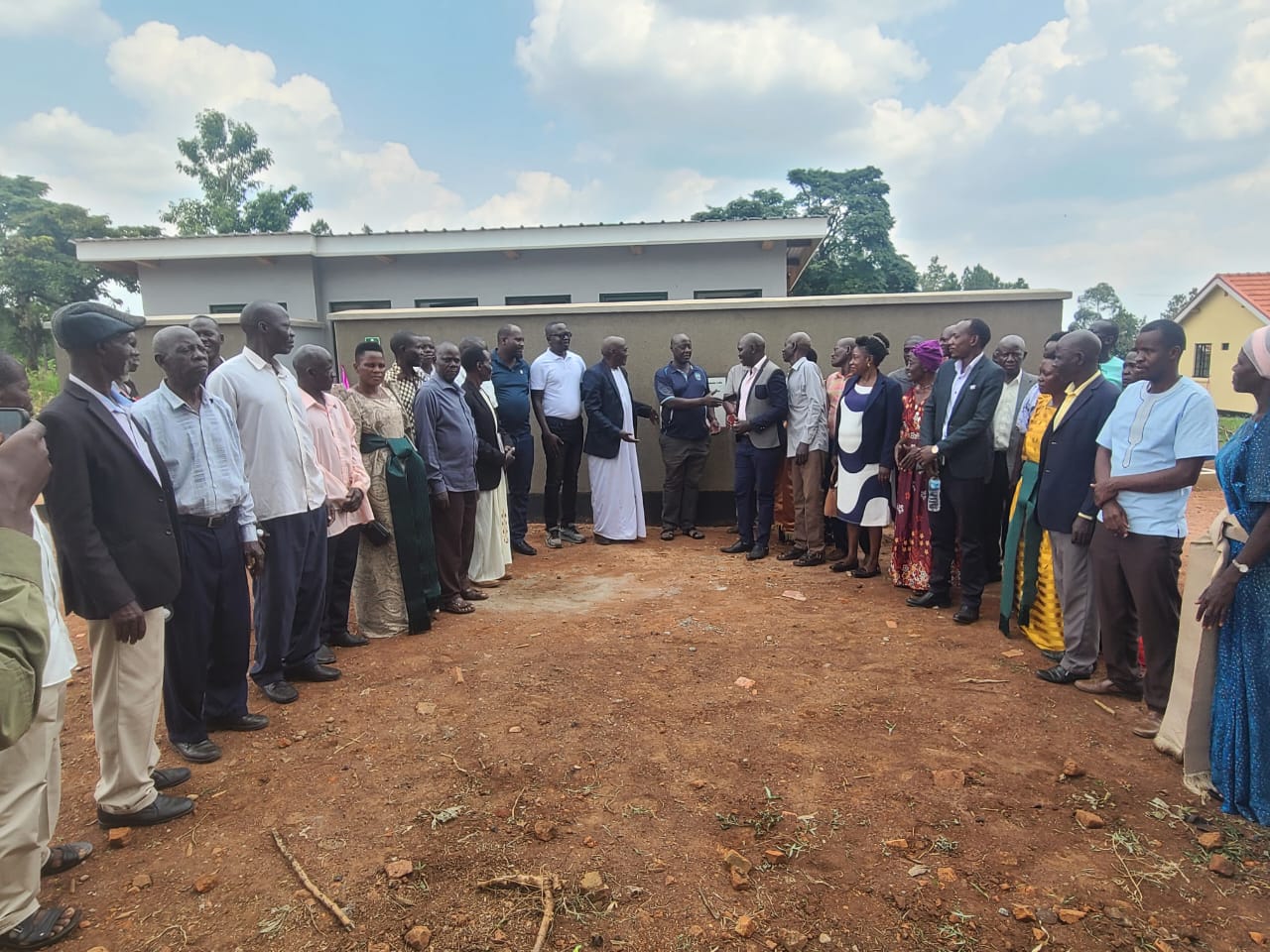Water and sanitation are essential for life and health, but they are also essential for dignity, empowerment and prosperity. Water and sanitation are human rights, fundamental to every child and adult. But in Uganda, poor sanitation and hygiene, as well as unequal access to safe drinking water, make thousands of children very sick and at risk of death.
Diarrhoea alone, one of three major childhood killers in Uganda, kills 33 children every day. In most cases, children get the disease by drinking unsafe water or coming into contact with contaminated hands — theirs or parents or caregivers — that have not been washed with soap.
Early childhood diarrhoea is not only deadly; it also contributes to Uganda’s high levels of stunting, which in turn affects children’s cognitive development and performance at school. In school, lack of proper sanitation facilities also leads to high absenteeism and dropouts, especially for girls.
Access to improved water and sanitation facilities does not, on its own, necessarily lead to improved health. It needs another step: there is now very clear evidence showing the importance of hygienic behaviour — especially hand washing with soap after defecating and before eating or preparing food — to health improvement.
Another key to reducing childhood illness and death is to stop using open fields or the bush as toilets. In Uganda, nearly a tenth of the population practices open defecation, and two thirds of households do not wash with soap.
It is poor people who carry the greatest burden of poor sanitation. The poorest 20 percent of the population is 13.5 times more likely to defecate in the open than the wealthiest 20 percent, according to the World Bank.
One in nine people lack access to clean drinking water, and over 2.5 million people live without adequate sanitation facilities. Point-of-use water and sanitation technologies reduce the number of deaths caused by waterborne disease, while also freeing women and girls from the work required to transport and store water, allowing them more time to focus on education and income-generating activities.
on 14th June 2022, while on a curtsey visit to the villages of Kagulu, Kidera and Bulembo, the President of Tim kolschowsky foundatioñ promised to give boreholes to the various areas in these villages. This has come to pass and over 15 villages have clean and safe water.
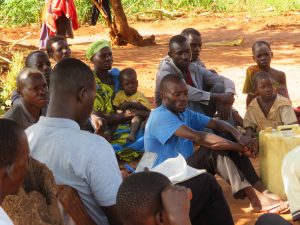
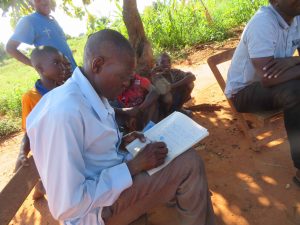
The bore hole drilling Process started on 9th November in Buyende with signing of land donation agreements between DLLN Uganda and the land owners where the boreholes were to be drilled , and on the same day, the drilling team arrived .
The boreholes were recently commissioned with representation from local leadership, Hand pump mechanics and water user committee representatives who have been assigned to oversee the sustenance of water operations in the communities. DLLN Uganda also gave the community hand pump tool kits to support them during any repairs as part of ownership for a sustainable and self-reliant community.
While maintaining the water sources, DLLN Uganda has sensitized the community and water user committee members to ensure that after handing over the water source to them, the community will continuously access clean and safe drinking water for their good health. While handing over the bore holes and repair kits to the community water user committees, Prince Kitimbo Daniel, the Executive Director of DLLN Uganda emphasized the need to have the water sources clean and ownership by the community.
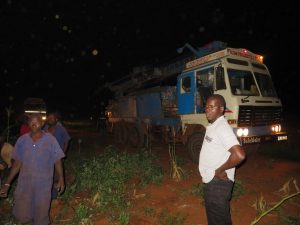
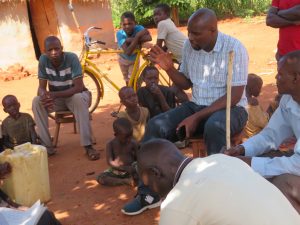
“Access to safe and clean water means we shall all have improved health because without clean water we shall fall sick and lose life. We want you to keep the boreholes clean, your water collection cans clean, wash your hands and drink clean water always. We also want you to repair the boreholes when they break down and also the committees should have responsibility of ensuring that you own this as your community project.” Daniel said.
“DLLN Uganda will now leave you to manage this and we hope the tool kits we have given will help you during repairs. The water user committees have also been trained, your community leaders trained before handing over this water to you. We will only come in when it is a MUST but we want you to own the water sources and live a good life.” Prince Kitimbo added.
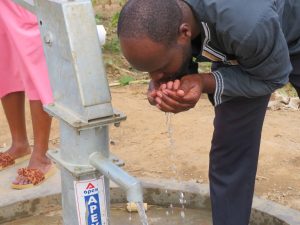
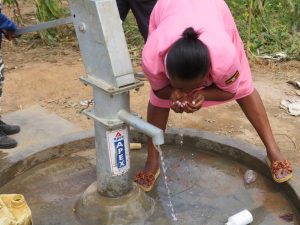
The initiative begun because of Limited access to clean water sources by the population of budiope Sub-region and it is noted as one of the major causes of domestic violence among many families.
The distance from one water source to another ranges from between two to six Kilometers. In Kagulu village , Buyende District, the residents collect water from the only available spring well which is also contaminated and has worms. DLLN Uganda in Collaboration with Tim foundation has donated twenty boreholes.
